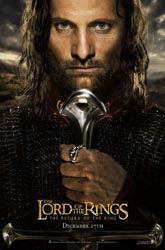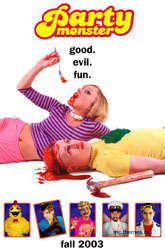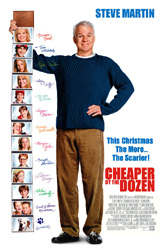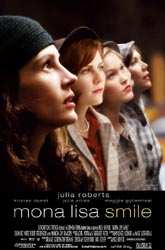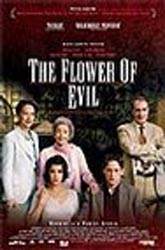 Director:
Claude Chabrol
Starring:
Benoît Magimel
Nathalie Baye
Mélanie Doutey
Suzanne Flon
Bernard Le Coq
Thomas Chabrol
Release: 3 Oct. 03
IMDb
|
The Flower of Evil 
BY: DAVID PERRY
Of the five Cahiers du Cinéma film critics who founded the
French New Wave, only one, Claude Chabrol, remains prolific. Unlike Jean-Luc
Godard and the late François Truffaut, the former becoming more radical, the
latter more commercial, Chabrol has been constant. The Hitchcockian
filmmaker who started the movement with 1958’s Le Beau Serge, hasn’t taken
much of a break since. He is slowing down (although he made 50 films in the
1960s, ‘70s, and ‘80s, he’s made only 13 since), but his product hasn’t
really been hurt. Tellingly, a couple years ago, his film Merci Pour le
Chocolat was acclaimed by those who saw it, as mainstream critics heralded
the faithful remake of Le Femme Infidèle, Unfaithful.
For his next trick, Chabrol continues with his favorite subjects: murder and
the bourgeoisie. Set in Bordeaux, the film looks at a wealthy family that
has more skeletons than the Body Farm at the University of Tennessee. The
film begins with a sweep across the family villa, looking at the way it is
immaculately dressed, the hired help preparing for dinner, and luxurious
staircase, and then the dead body that sits in one of the bedrooms.
Chabrol treats this murder, like all murders, in a cold, calculated,
matter-of-fact way. Some might consider this ridiculous, but his style of
dealing with the murders of France’s upper-middle-class is not unlike the
way they deal with it, at least in his mind. They are cold and calculating,
and, for the most part, interesting character studies. It says volumes about
his abilities as a writer and director that, even after detailing the lives
of over a hundred of bourgeois ladies and gents, they still seem fresh and
fascinating.
Digging deeper into this household, Chabrol unravels a history of
crossbreeding that has historically been common among the gentrified
classes. In this case, it is the crossing of the Vasseur and Charpin
families, which has been going on for so long, that nearly everyone,
regardless of closest familial relationship, are cousins. This is a
lifestyle that breeds the type of incest that the film’s scenes after the
unveiling of the murder, as François Vasseur (Magimel) returns from
university in America to rekindle his romance with stepsister Michèle
Charpin-Vasseur (Doutey). To make matters even more complex, François’
father Gérard (Le Coq) married Michèle’s mother Anne (Baye) after their
spouses, caught in their own affair, died in a car crash.
All this plays out with the analysis of Provençal politics. Anne is running
for mayor, which is aggravating Gérard because her running mate Matthieu (Chabrol;
the director’s son) is socially inept and forced by Anne to appear at all
their social functions. Meanwhile, another setback comes with the fear that
the family’s secret, long guarded by the omniscient Aunt Line (Flon; a
wonderful performance), about ancestor’s part in the Vichy government may
tarnish their reputation and Anne’s campaign.
The social mores at work in the Carpin-Vasseur family is myriad and
confusing -- their interests self-serving and fatal. The way Chabrol humors
them with his contrivances and plot twists never feel forced, but come as
clear representations of what these people, if real, would do in that
particular situation. Sure, the film is paced very slowly -- not unlike the
works of fellow New Wavers Jacques Rivette and Eric Rohmer -- but it is a
satisfying style that has the mark of a cinematic elder statesman who knows
how to make a particular kind of film, and knows how to do it just right
every time.
 |
